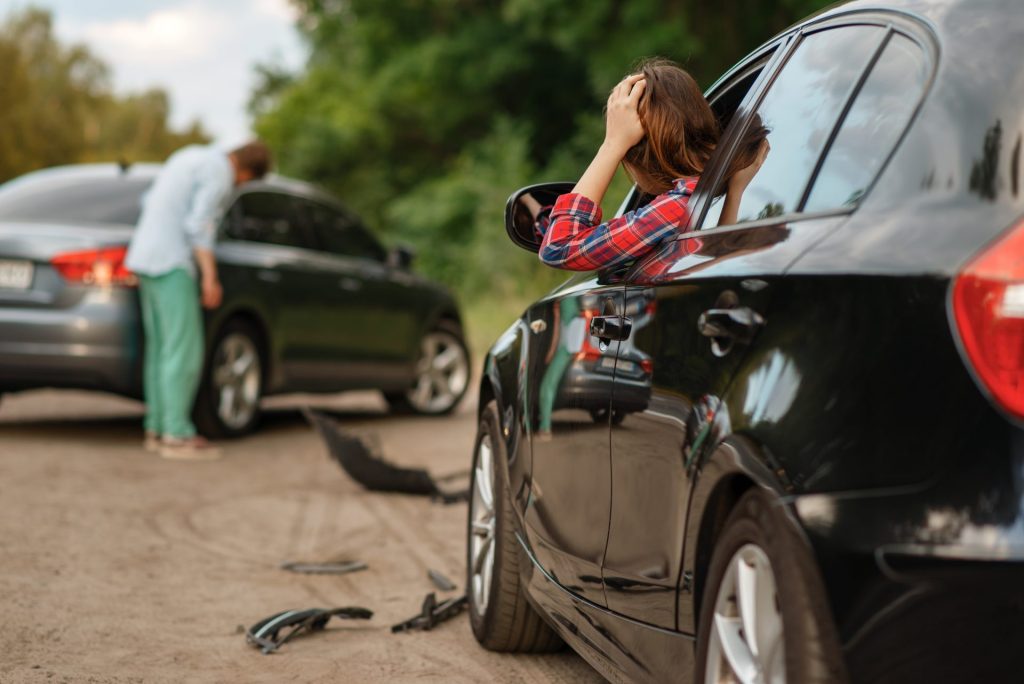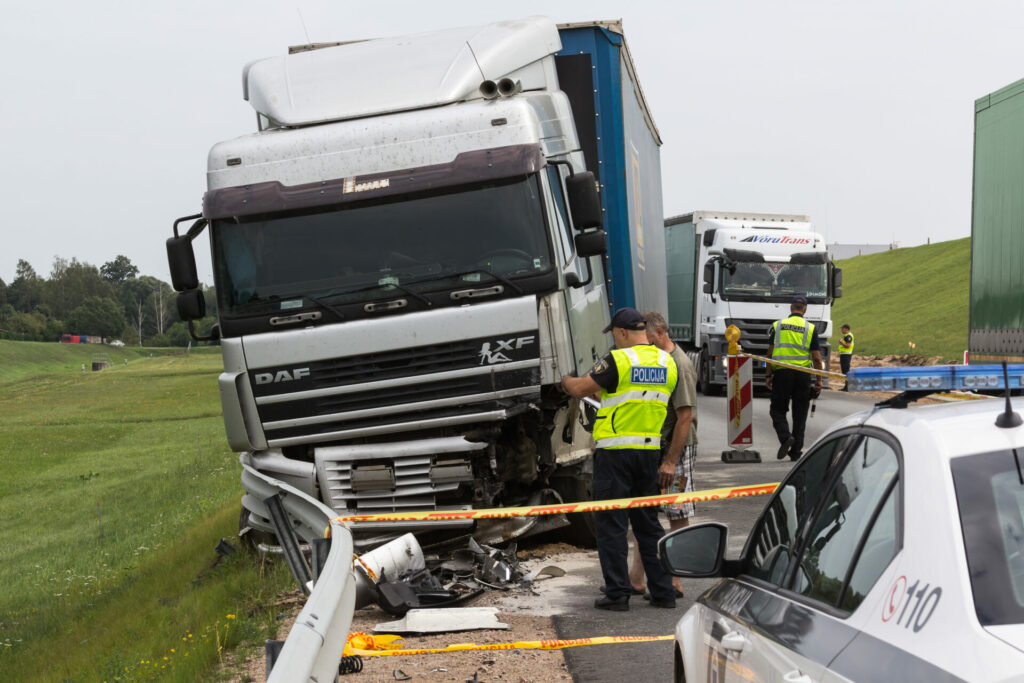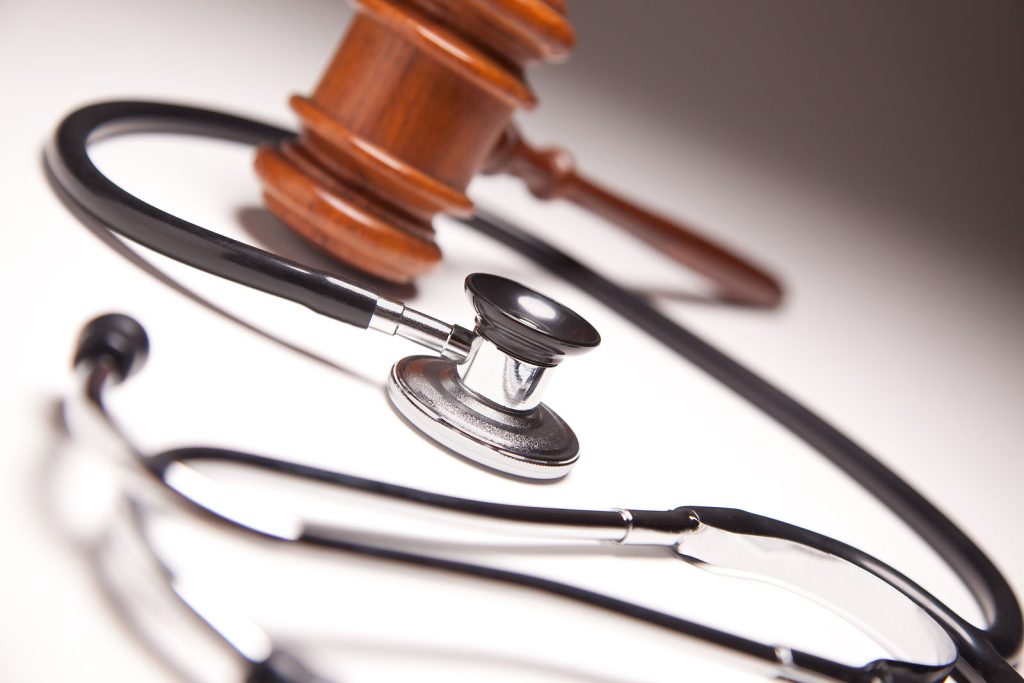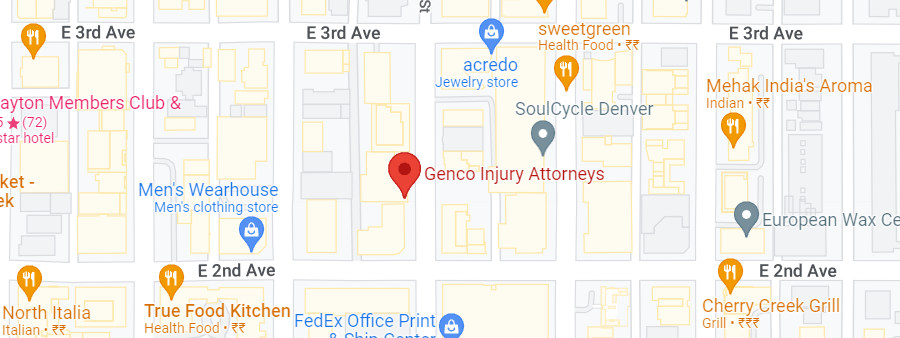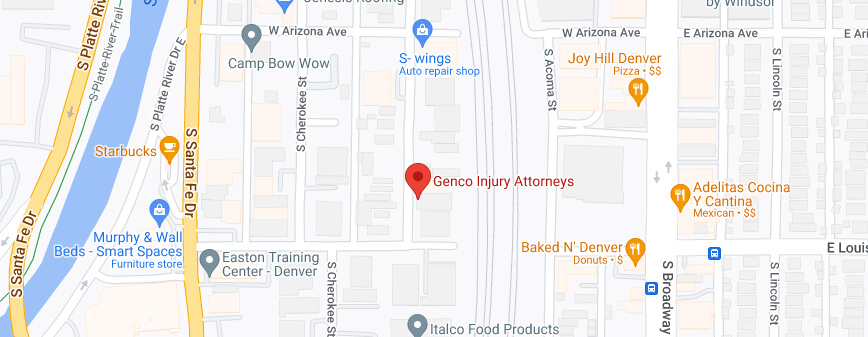What Is a Dash Cam?
A dash cam (short for “dashboard camera”) is a small camera that can be mounted on a dashboard or windshield. It can record what happens while the vehicle is in motion. Most dash cams record what’s straight in front of the vehicle. However, some more advanced models can also record what’s behind the vehicle, as well as recording what’s happening inside the vehicle, including conversations.
While dash cams have existed since the early twentieth century, they didn’t become prevalent in use for law enforcement until the 1960s. By the end of the twentieth century, they were commonly used by not only law enforcement but cab drivers. In recent years, technological advances have made such cameras small, inexpensive, and so easy to use that many drivers have added them to their vehicles.
Is Dash Cam Footage Valuable in Motor Vehicle Accident Claims?
Footage captured by dash cams can be invaluable in several ways when pursuing damages.
- Footage from accidents. Dash cams can record accidents as they happen, details of which can provide clear and convincing evidence of what happened and who was at fault, including things like the other driver making a lane change without signaling or running a red light. Most dash cams include time stamps that will show when the accident happened. They may also pick up audio of the other driver apologizing or otherwise admitting fault for the accident or show signs that the other driver appeared to be under the influence of drugs or alcohol.
- Hit-and-run identification. Dash cams may be able to identify a vehicle that caused an accident and then left the scene. The cams may show the make and model of the vehicle, the license plate, and possibly even a visual of the driver.
- Help prove innocence. Besides providing evidence of the other driver’s fault, dash cams can also show that you were driving in your lane, not weaving or speeding, among other things. It can make it more difficult for the other driver to allege negligence on your part.
- Vehicle crime deterrent. Having a visible dash cam in a vehicle may be a deterrent to would-be thieves or vandals, who could be caught in action.
- Damage while parked. Dash cams usually have motion sensors, meaning they begin recording when they detect nearby motion. So, suppose a vehicle with a dash cam is parked somewhere without anyone in it, and another vehicle hits it. In that case, it may pick up identifying video if the driver leaves the scene without providing their information.
- Prove insurance fraud. Before dash cams, it was not difficult for someone to intentionally cause an accident and then claim the other driver was at fault and owed damages for injuries from the accident. But dash cams may help prove that the alleged injured driver caused the accident, relieving the innocent driver of fault.
Keep in mind that dash cams are ultimately unbiased. If the dash cam in your car records an accident that you caused, it will not show otherwise. That’s one reason many companies that employ drivers use them in company vehicles, as they deter reckless driving. If you’re unsure what your video demonstrates, work with an experienced car accident attorney.
Can Dash Cam Video Help with Determining Comparative Negligence in Colorado?
Often, people think that only one driver can have fault for a motor vehicle accident. Unfortunately, that’s not the case. Many accidents happen because of faulty or reckless driving by multiple drivers. For example, one driver may be under the influence of drugs or alcohol while the other driver is speeding. Then the fault for the accident needs to be assigned as percentages to each driver.
Colorado uses a 50% modified comparative negligence model that says if the victim as at least 50% responsible for the accident, they can’t claim damages. The dash cam video may be instrumental in proving that the victim wasn’t at fault that much.
What Should I Do if I Was Injured in an Accident and Have Dash Cam Video of What Happened?
Be sure to see a doctor as soon as possible, even if you think your injuries are minor. There are many injuries that are serious but don’t appear so at first, and if they’re not diagnosed and treated, they can worsen and even become dangerous.
Next, download the dash cam video (if it doesn’t automatically download on its own). That video may exonerate you from blame in the crash or at least provide reasonable proof that most of the fault belongs to the other driver.
Then call Genco Injury Attorneys at 303-500-1376 for a free case evaluation. Car accidents can be complex to pursue. We can review your dash cam video and determine how much fault belongs to the other driver, and then we can propose a course of action that could lead to the best possible outcomes for you.
Something not to do: Other than exchanging contact and insurance information with the other driver(s) in the accident, don’t discuss any aspect of the accident with them, their insurance representative, or their lawyer. Because of Colorado’s modified comparative negligence laws, they will try to get you to say something, accepting more blame than you should. They may also try to convince you to sign a settlement agreement for an amount much lower than you might otherwise receive. Say nothing even if your dash cam video seems to have irrefutable proof of your innocence. Refer all communications from them to your attorney.


